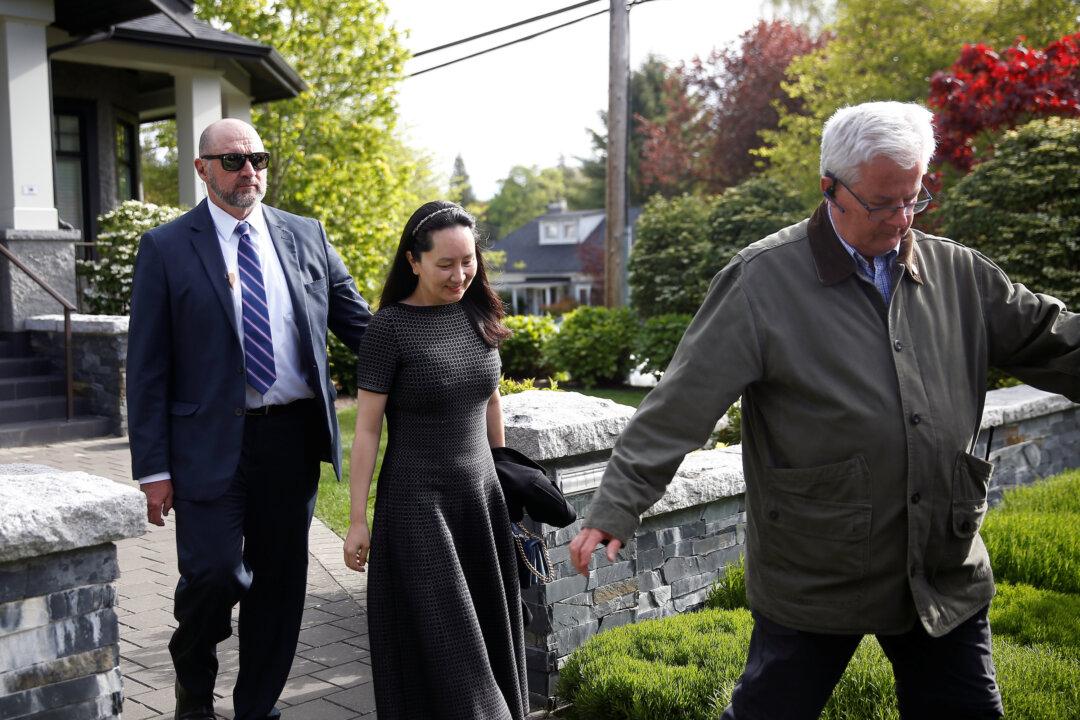NEW YORK—U.S.-based Citigroup and French bank BNP Paribas are caught up in the U.S. criminal case against the chief financial officer of China’s Huawei Technologies, according to newly available documents.
The banks were named in documents released on Aug. 20 after a hearing in British Columbia Supreme Court where Huawei CFO Meng Wanzhou is fighting extradition to the United States on bank fraud charges.





